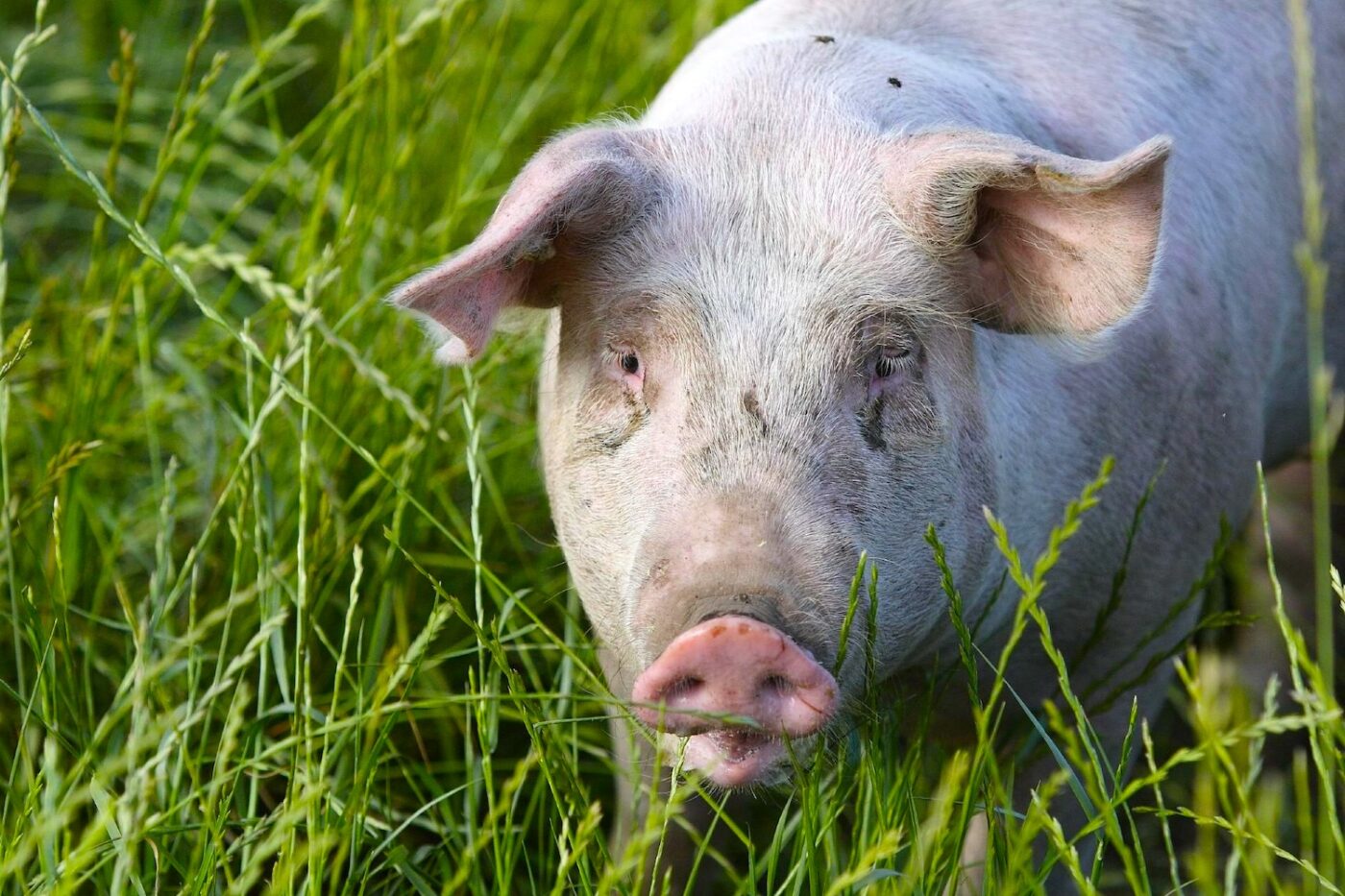We’ve covered plenty of scientific and health breakthroughs here at DMARGE — take the Japanese tooth-growing drug that will kill off dentures forever or the news that a revolutionary pill to replace exercise has just been invented as prime examples — but all of these stories focus exclusively on very human scientific advances… until now.
In a landmark medical moment, doctors at Massachusetts General Hospital have successfully performed the first-ever transplant of a genetically modified pig kidney into a living human being. The lucky recipient, 62-year-old Rick Slayman, is said to be recovering well and will forever be remembered as marking a significant milestone in ‘xenotransplantation‘.
WATCH: #1 Hack To Increase Your Energy From A Doctor
Slayman, who was suffering from life-threatening, ‘end-stage’ kidney disease, received the pig kidney after more than eleven years in the hospital’s transplant program. This innovative form of surgery offers a significant amount of hope and optimism for thousands on ever-growing transplant waitlists, as need for organs continues to far outstrip available supply. Every day, 17 people in the USA alone die waiting for an organ, with kidneys being the most sought-after.
The pig kidney — genetically modified by eGenesis Bio to become compatible with human biology — apparently performed remarkably well, immediately demonstrating full compatibility and functionality on transplantation.
This success is attributed to huge advances in gene editing technology — specifically ‘CRISPR-Cas9’, which prevented the pig’s DNA from being rejected by the human immune system.
Xenotransplants could revolutionise the field of organ transplantation — and, we don’t think this is too much of an overstatement, the entire healthcare system as a result — providing a long-overdue solution to one of society’s most pressing medical missions, especially for those who face the most barriers in accessing top-end medical care.
“This successful procedure heralds a new era in medicine in which we have the potential to eliminate organ supply as a barrier to transplantation and realise our vision that no patient dies waiting for an organ…”
Dr. Michael Curtis, CEO of eGenesis
While the surgery undeniably represents a significant step forward, many hope that this is just the beginning.
More research and larger studies are needed to fully understand the efficacy and long-term viability of pig kidney transplants, but the image of a future where dialysis becomes obsolete and no patient dies waiting for an organ is much closer to being a reality than before this surgery and all the dedicated research that underpins it.
